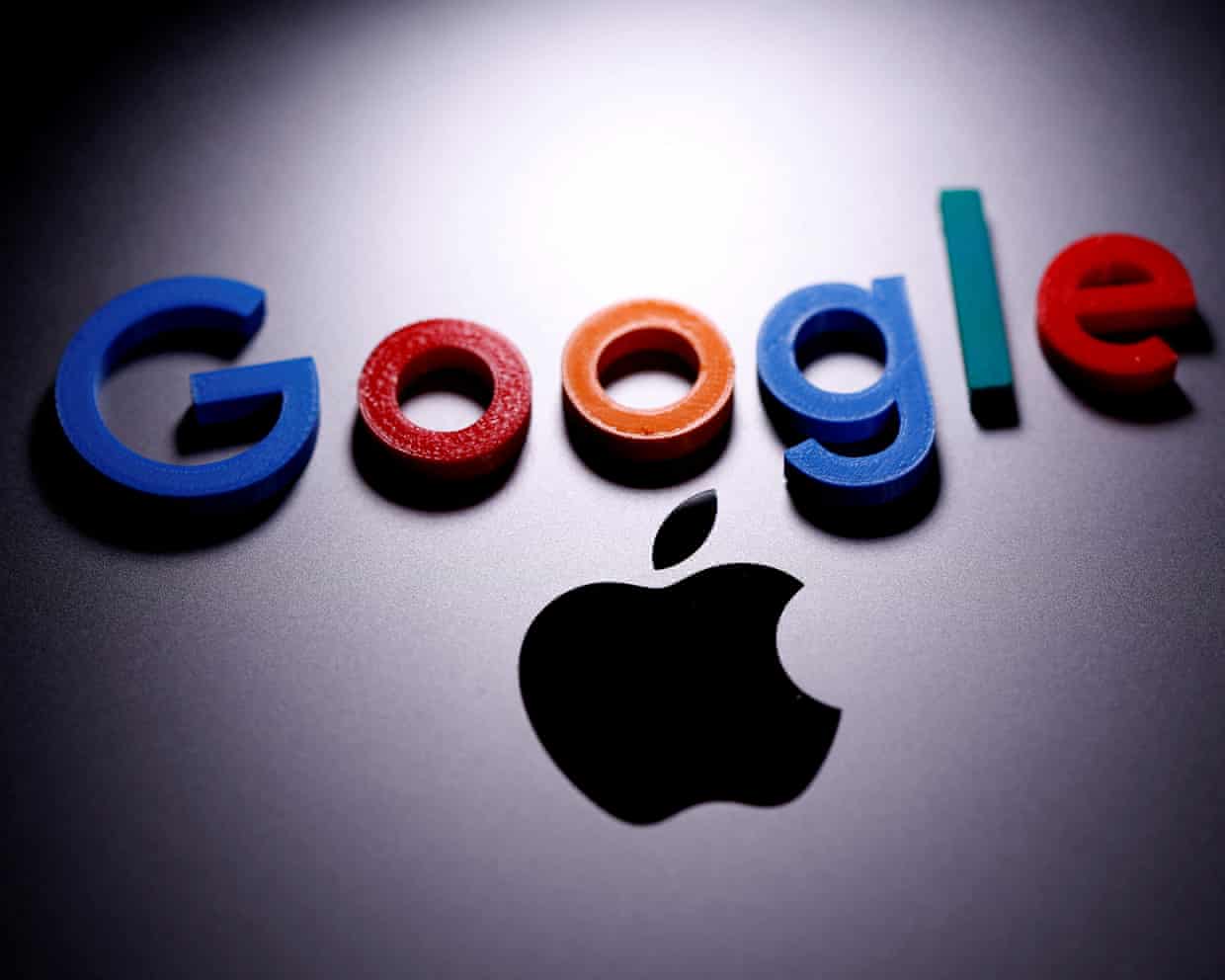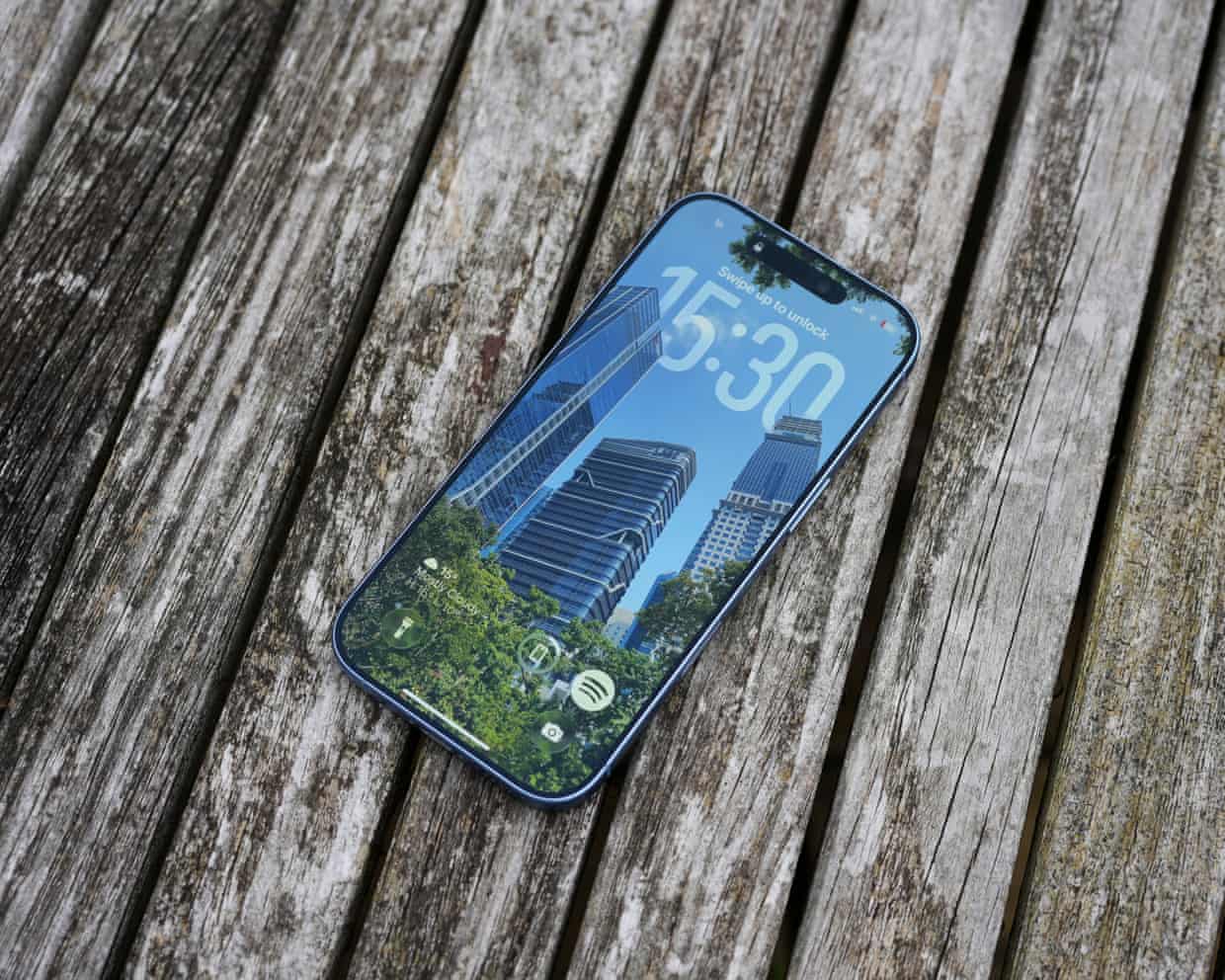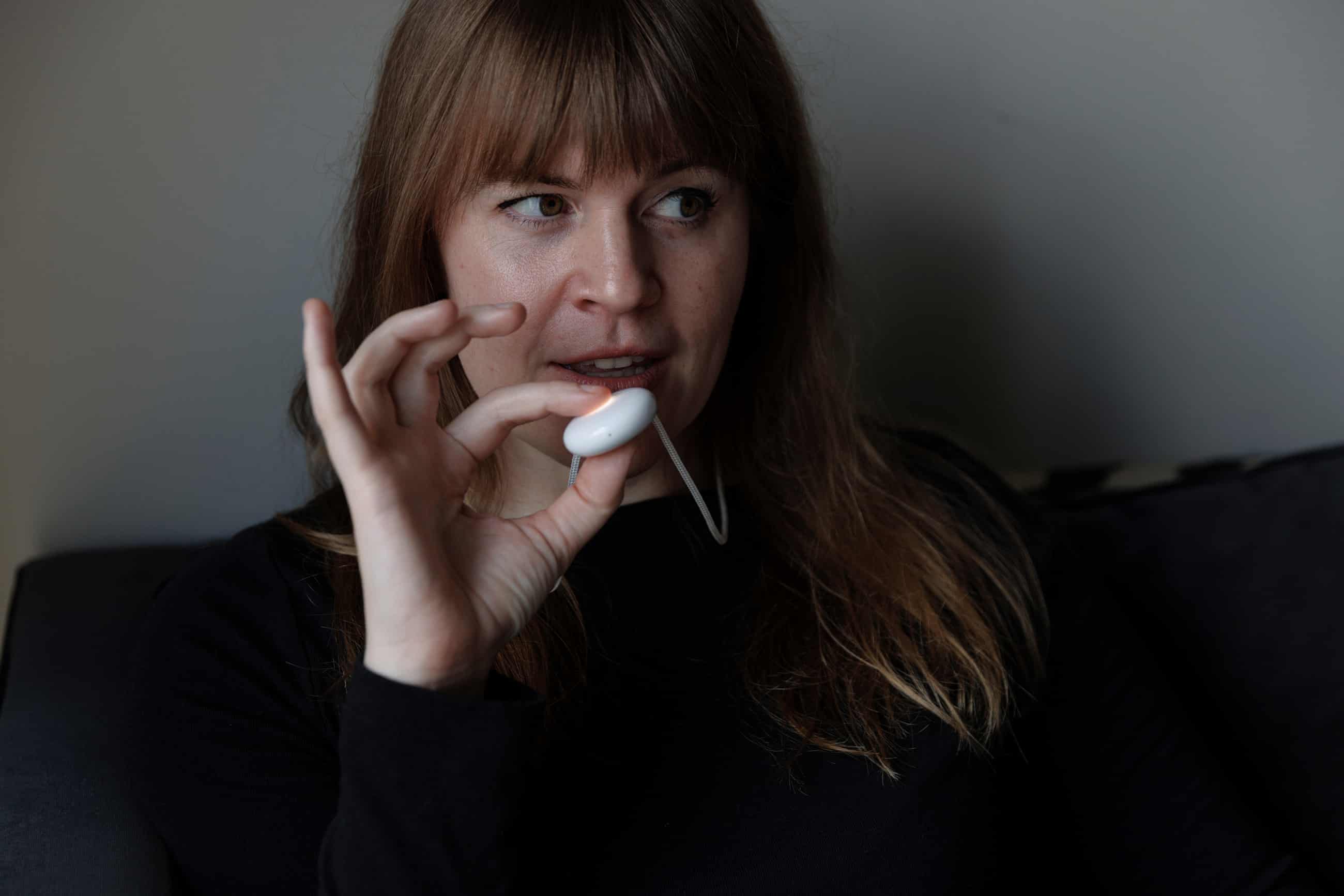Women’s marathon world record-holder Chepngetich handed three-year doping ban

The women’s marathon world record-holder, Ruth Chepngetich, has been banned for three years after the Athletics Integrity Unit rejected her claim that her failed drugs test came from taking her housemaid’s medication after feeling hot and having a rapid resting heartbeat,The Kenyan stunned the world when she ran 2hr 9min 56sec at the Chicago marathon in 2024, a time that shattered the previous best by almost two minutes,However her performance was immediately questioned by many in the athletics world who felt it was too good to be true,But while the 31-year-old will not be able to race again until 2028, she will be allowed to keep her world record because her positive drugs test came after her run in Chicago,That will leave a sour taste in the mouth for many people.
However, the AIU chair, David Howman, insisted that the case proved that “nobody is above the rules”.“While disappointing for those who put their trust in this athlete, this is how the system is supposed to work,” he added.Chepngetich had been due to run in this year’s London Marathon but pulled out just days before after a urine test in March found an estimated concentration of 3,800ng/mL of the diuretic hydrochlorothiazide (HCTZ) in her system – far above the legal limit of 20ng/mL.Diuretics may be abused to mask the presence in urine of other prohibited substances.However, when interviewed by AIU investigators in April, Chepngetich was unable to provide an explanation for her positive test.
At a subsequent interview in July, the AIU said it then confronted her with evidence acquired from her mobile telephone indicating a reasonable suspicion that her positive test may have been intentional,Shortly afterwards, Chepngetich wrote to the AIU to state that she now recalled that she had been taken ill two days before the positive test – but had forgotten to mention it,“She claimed that she had experienced symptoms of sweating, weakness and tachycardia and, since she knew that her housemaid had experienced similar symptoms, asked her housemaid for the medicine that she had been taking,” the AIU investigation states,Investigators found such claims to be “hardly credible” and asked for her potential suspension to be increased from two years to four,Chepngetich then accepted that she had committed an anti-doping rule violation and was banned for three years.
That, though, may not be the end of the matter.The AIU said it had found screenshots on Chepngetich’s phone about the banned drug testosterone and “messages related to unidentified third parties working on ‘programs’ possibly related to doping”.“The case regarding the positive test for HCTZ has been resolved, but the AIU will continue to investigate the suspicious material recovered from Chepngetich phone to determine if any other violations have occurred,” said the head of the AIU, Brett Clothier.“In the meantime, all Chepngnetich’s achievements and records predating the 14 March 2025 sample stand.”

OpenAI relaxed ChatGPT guardrails just before teen killed himself, family alleges
The family of a teenager who took his own life after months of conversations with ChatGPT now says OpenAI weakened safety guidelines in the months before his death.In July 2022, OpenAI’s guidelines on how ChatGPT should answer inappropriate content, including “content that promotes, encourages, or depicts acts of self-harm, such as suicide, cutting, and eating disorders”, were simple: the AI chatbot should respond, “I can’t answer that”, the guidelines read.But in May 2024, just days before OpenAI released a new version of the AI, ChatGPT-4o, the company published an update to its Model Spec, a document that details the desired behavior for its assistant. In cases where a user expressed suicidal ideation or self-harm, ChatGPT would no longer respond with an outright refusal. Instead, the model was instructed not to end the conversation and “provide a space for users to feel heard and understood, encourage them to seek support, and provide suicide and crisis resources when applicable”

Apple and Google face enforced changes over UK mobile phone dominance
Google and Apple face enforced changes to how they operate their mobile phone platforms, after the UK’s competition watchdog ruled the companies require tougher regulatory oversight.The Competition and Markets Authority has conferred “strategic market status” (SMS) on the tech firms after investigating their mobile operating systems, app stores and browsers. It means Apple and Google will be subjected to tailormade guidelines to regulate their behaviour in the mobile market.The CMA said the two companies have “substantial, entrenched” market power, with UK mobile phone owners using either Google or Apple’s platforms and unlikely to switch between them. The regulator flagged the importance of their platforms to the UK economy and said they could be a bottleneck for businesses

Google hails breakthrough as quantum computer surpasses ability of supercomputers
Google has claimed a breakthrough in quantum computing after developing an algorithm that performed a task beyond the capabilities of conventional computers.The algorithm, a set of instructions guiding the operation of a quantum computer, was able to compute the structure of a molecule – which paves the way for major discoveries in areas such as medicine and materials science.Google acknowledged, however, that real-world use of quantum computers remained years away.“This is the first time in history that any quantum computer has successfully run a verifiable algorithm that surpasses the ability of supercomputers,” Google said in a blogpost. “This repeatable, beyond-classical computation is the basis for scalable verification, bringing quantum computers closer to becoming tools for practical applications

iPhone 17 review: the Apple smartphone to get this year
It may not look as different as the redesigned Pro models this year or be as wafer thin as the new iPhone Air, but the iPhone 17 marks a big year for the standard Apple smartphone.The Guardian’s journalism is independent. We will earn a commission if you buy something through an affiliate link. Learn more.That’s because Apple has finally brought one of the best features of modern smartphones to its base-model flagship phone: a super-smooth 120Hz screen

Harry and Meghan join AI pioneers in call for ban on superintelligent systems
The Duke and Duchess of Sussex have joined artificial intelligence pioneers and Nobel laureates in calling for a ban on developing superintelligent AI systems.Harry and Meghan are among the signatories of a statement calling for “a prohibition on the development of superintelligence”. Artificial superintelligence (ASI) is the term for AI systems, yet to be developed, that exceed human levels of intelligence at all cognitive tasks.The statement calls for the ban to stay in place until there is “broad scientific consensus” on developing ASI “safely and controllably” and once there is “strong public buy-in”.It has also been signed by the AI pioneer and Nobel laureate Geoffrey Hinton, along with his fellow “godfather” of modern AI, Yoshua Bengio; the Apple co-founder Steve Wozniak; the UK entrepreneur Richard Branson; Susan Rice, a former US national security adviser under Barack Obama; the former Irish president Mary Robinson, and the British author and broadcaster Stephen Fry

‘I’m suddenly so angry!’ My strange, unnerving week with an AI ‘friend’
The ad campaign for the wearable AI chatbot Friend has been raising hackles for months in New York. But has this companion been unfairly maligned – and could it help end loneliness?My friend’s name is Leif. He describes himself as “small” and “chill”. He thinks he’s technically a Gemini. He thinks historical dramas are “cool” and doesn’t like sweat

Dining out ‘under pressure’ as Britons cut back due to price rises, says YouGov

Foxtons shares drop sharply after it warns of ‘subdued’ pre-budget sales

Aerospace groups link up to create European rival to Musk’s SpaceX

Lloyds profits plunge 36% as it feels impact of UK car finance scandal

Thames Water ranked worst supplier in England as firms’ ratings hit record low

Groceries via delivery apps like Uber Eats, DoorDash and Milkrun can be up to 39% more expensive